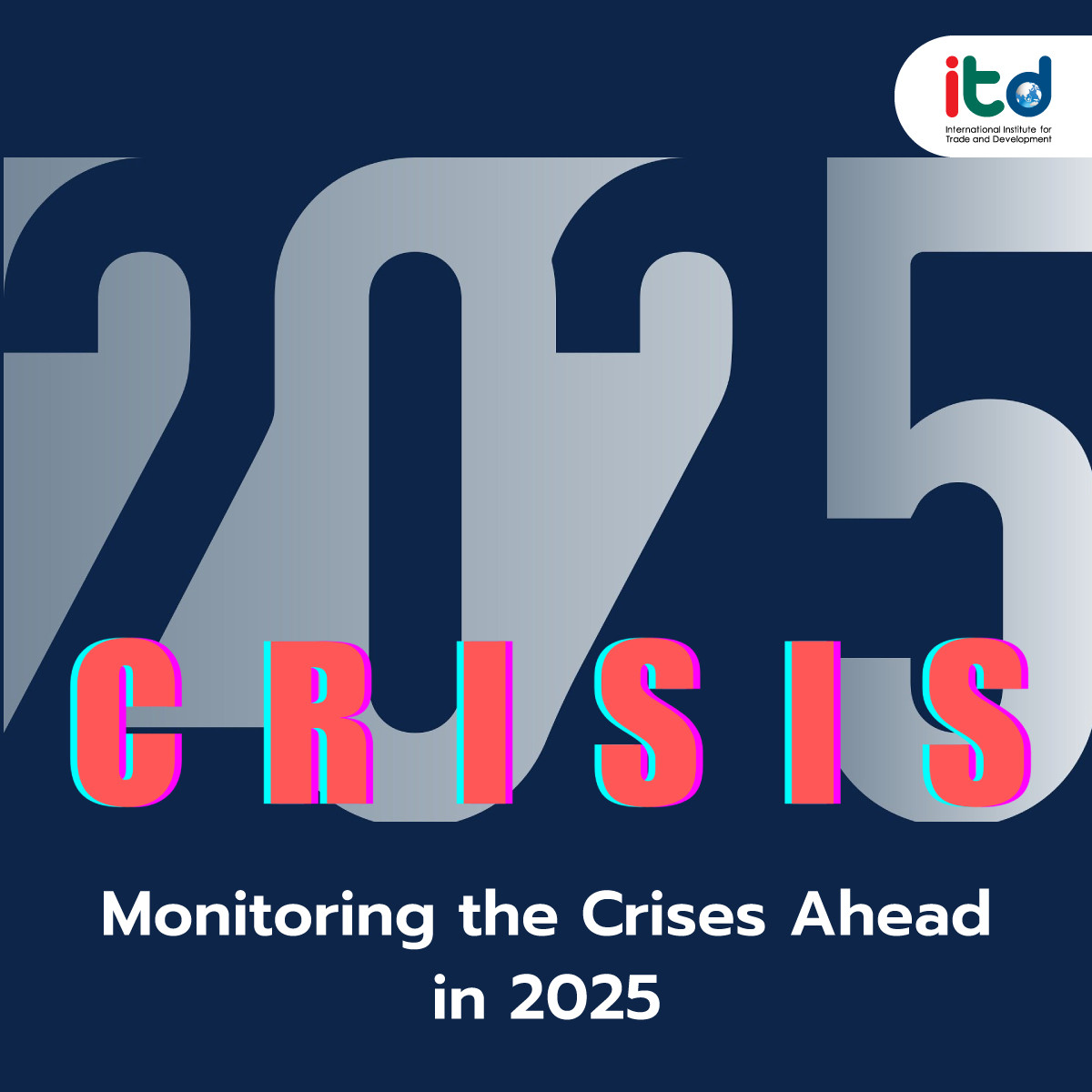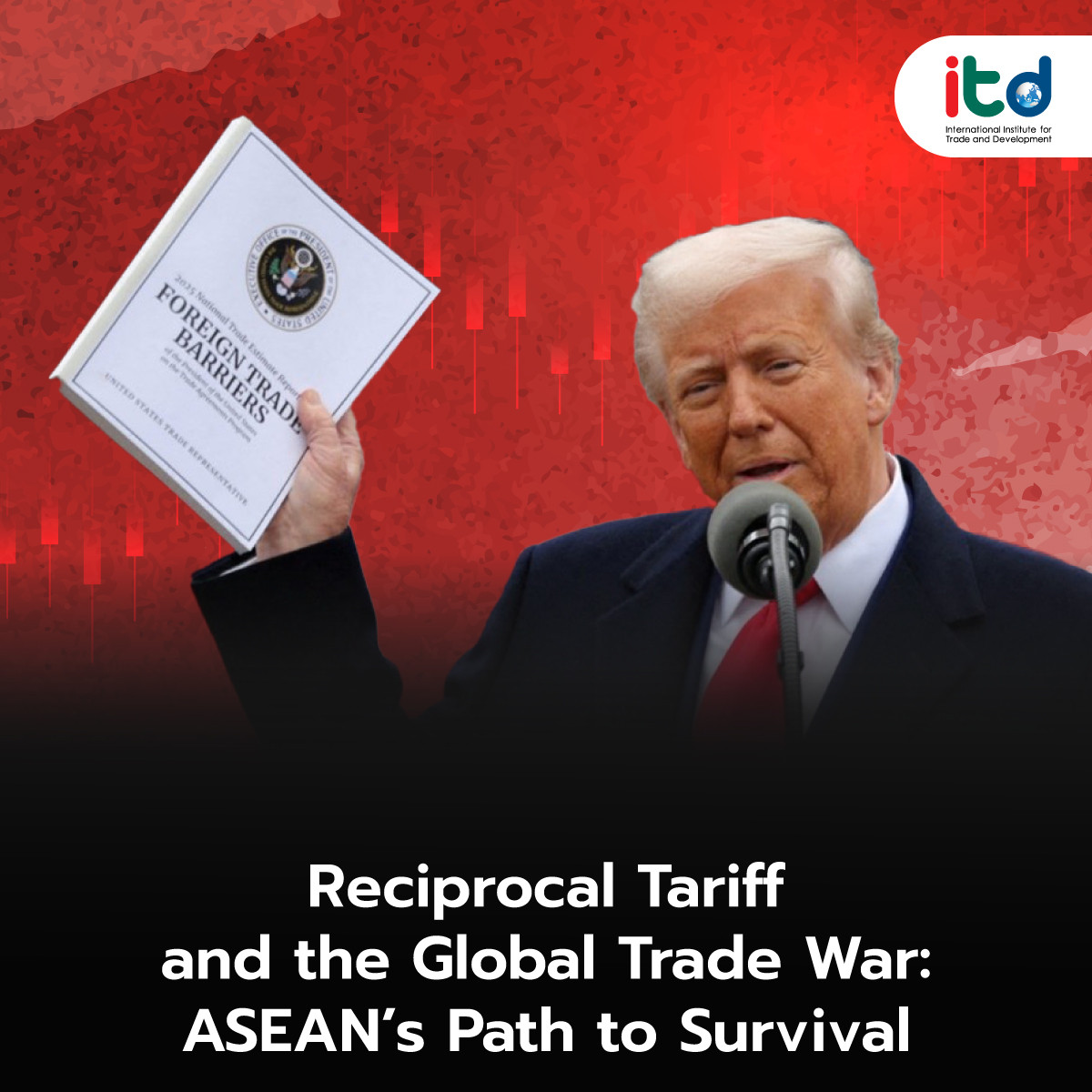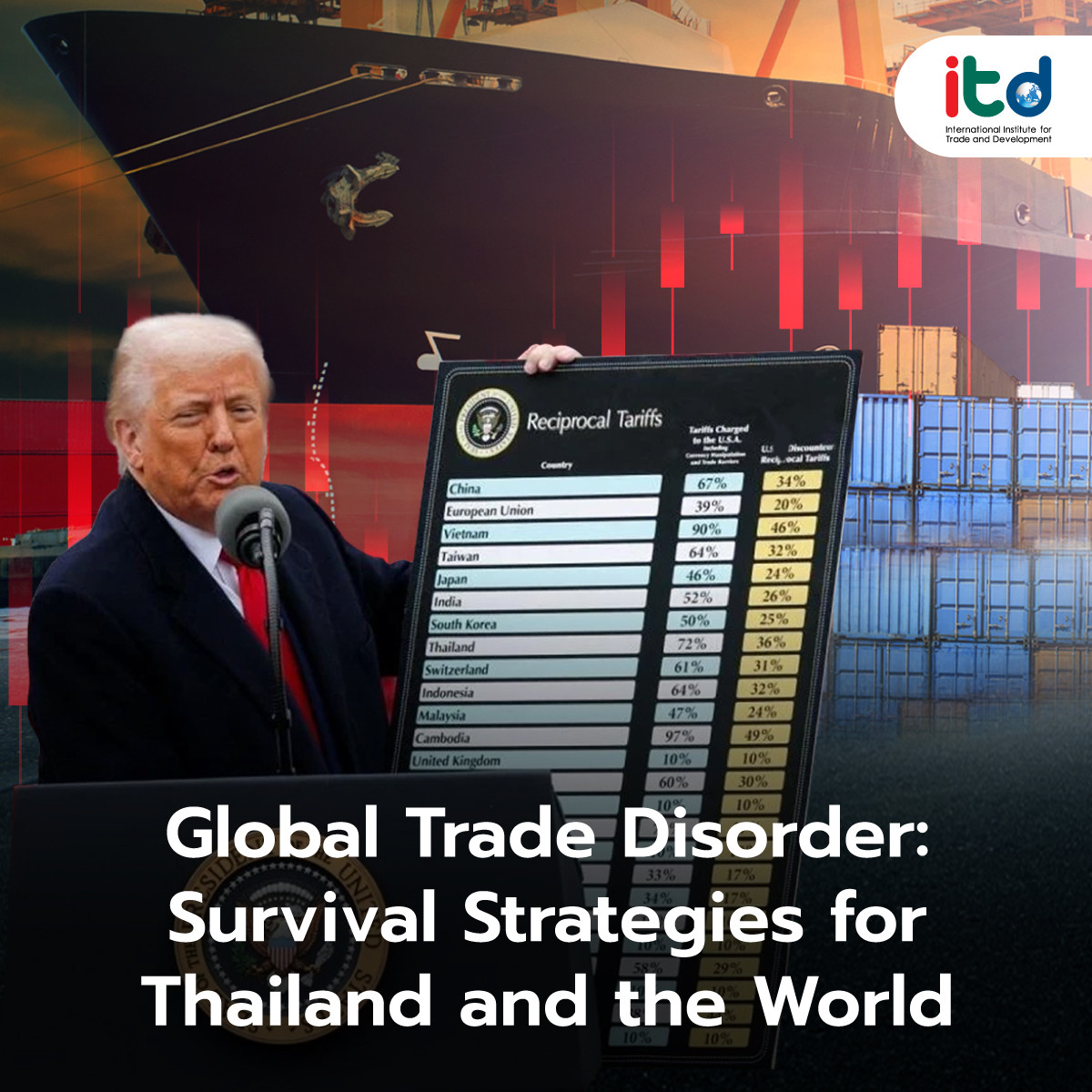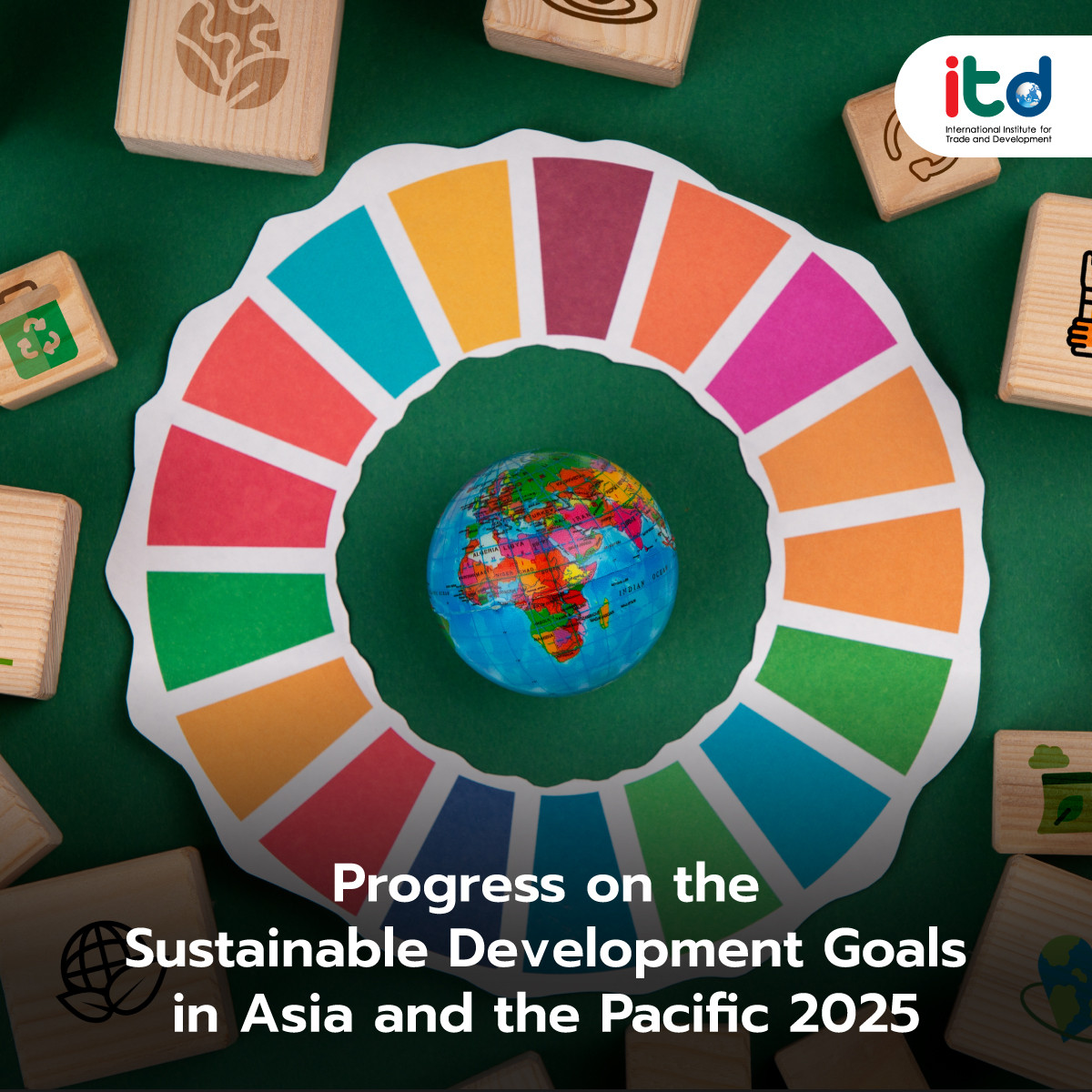About Documents
Having navigated through 2024, a year full of changes, natural disasters, economic challenges, international conflicts, and political instability, we now face even greater challenges in 2025.
The environment remains a critical issue that cannot be ignored. Last year saw record-breaking temperatures, and 2025 is projected to be the third hottest year in history, following 2024 and 2023. Climate change continues to worsen, despite intensive efforts by countries worldwide to reduce greenhouse gas emissions. However, these measures are unlikely to yield quick results.
Mitigating and adapting to climate change in developing countries and Least Developed Countries (LDCs) requires substantial financial support, which remains insufficient. Furthermore, issues such as disaster response, biodiversity loss, and plastic waste demand more serious and proactive solutions.
The threat of epidemics persists, including avian flu, COVID-19, cholera, dengue fever, monkeypox, and emerging or re-emerging diseases that could potentially spread this year. Strengthening public health systems is therefore more critical than ever. Controlling outbreaks will be particularly challenging in countries with weak healthcare systems, high levels of migration, and significant numbers of migrant workers. These factors make ASEAN countries especially vulnerable to outbreaks and complicate disease control efforts.
The impact of U.S. foreign policies will influence ASEAN, particularly in terms of trade and economic policies, which may lead to increased import tariffs on ASEAN countries, especially Vietnam. In addition, tensions between the U.S. and China will affect global trade and investment. However, ASEAN could benefit by serving as a production base and source of raw materials for both the U.S. and China.
Ongoing international conflicts, such as the Ukraine-Russia war and tensions in the Middle East, continue to create uncertainty for the global economy, particularly in the energy sector. This year, oil prices are likely to fluctuate as the world transitions from fossil fuels to clean energy. For ASEAN, the fluctuating cost of fossil fuels and the high expenses associated with the energy transition remain significant challenges.
Rapidly advancing technology, particularly artificial intelligence (AI), will play an increasingly important role. While AI can enhance efficiency in business operations, it also poses growing risks, including labor displacement, ethical concerns regarding AI usage, and potential misuse of technology for criminal activities. Environmental crises, epidemics, international politics, conflicts, and technological advancements are among the key challenges ASEAN must prepare for this year. By strengthening policies and enhancing surveillance across various sectors, ASEAN countries, including Thailand, can better address these crises and emerging issues while minimizing negative impacts.
Author:
Ms. Patcha Thamrong-ajariyakun
Senior Researcher
International Institute for Trade and Development (Public Organization)
www.itd.or.th
Publication: Bangkok BIZ Newspaper
Section: First Section/World Beat
Volume: 38 Issue: 12811
Date: Wednesday, Jan, 8, 2025
Page: 8 (left)
Column: “Asean Insight”






